Can the world economy survive without fossil fuels?
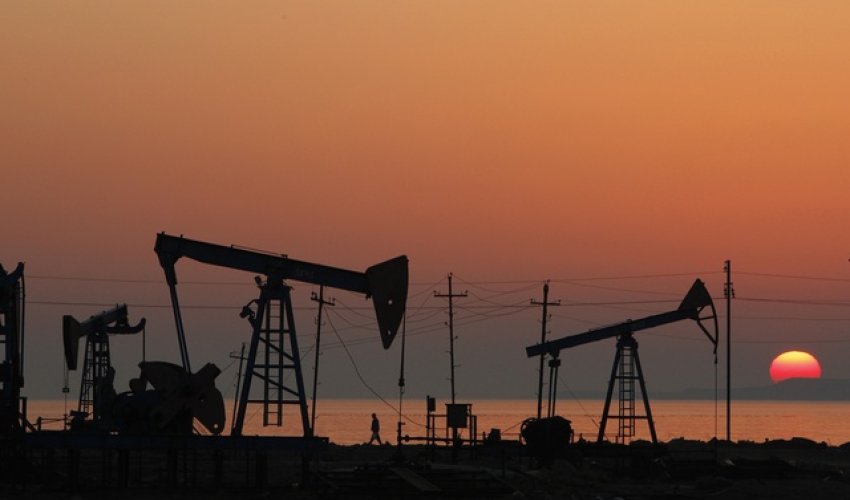
(The Guardian) - The final chapters of The Bone Clocks, David Mitchell’s 2014 novel, describe a future in which progress has gone into reverse. In 2043, the fossil fuel age is over: nuclear power stations ar e melting down, there is no access to the electricity grid and solar panels are so prized that they are looted. Catastrophic climate change has become a reality. Rising sea levels have caused floods on the New York City subway, killing thousands. Internet coverage is patchy, food and consumer goods are scarce, and life‑saving drugs such as insulin are hard to come by.
It is a dystopian vision that looks like a brutal, dangerous version of the past – one not at all like the future that was promised when the cold war ended with victory for the western capitalist model. If it comes to pass, it will be because, despite all the warnings, climate change has not been taken seriously enough.
Here is one such warning: "For generations, we have assumed that the efforts of mankind would leave the fundamental equilibrium of the world’s systems and atmosphere stable. But it is possible that with all these enormous changes – population, agricultural, use of fossil fuels – concentrated into such a short period of time, we have unwittingly begun a massive experiment with the system of this planet itself.” That was Margaret Thatcher, in a speech to Britain’s scientific elite in 1988. Thatcher was no climate change denier. She told the Royal Society that her government supported the idea of sustainable economic development, and concluded: "Stable prosperity can be achieved throughout the world, provided the environment is nurtured and safeguarded. Protecting this balance of nature is therefore one of the great challenges of the late 20th century.”
It was, though, just one speech at a time of great global upheaval: China was liberalising its economy; apartheid was in its death throes in South Africa; above all, the cold war was coming to an end with defeat for the Soviet Union. "We know what works,” US president George HW Bush said at the time. "Free markets work.”
The market model spread quickly to parts of the world that previously it could not touch: to China, where the reforms begun by Deng Xiaoping were accelerated; to India, where the idea that the world’s biggest democracy could go it alone was abandoned; to the Soviet Union and its former satellites, which received a strong dose of economic shock treatment. Within five years, the reach of the market economy had been extended to an additional 3 billion people.
Some places remained off limits. Cuba, subject to a US economic embargo, was one such country. After decades of relying on Moscow for oil, chemical fertilisers, pesticides and a large chunk of its food, Fidel Castro’s government faced a crisis. The economy shrank and strict food rationing was imposed. There was an acute shortage of fuel for tractors. Calorie intake fell by a third. The Cuban government responded by creating urban farms: agriculture went local, small scale and – by necessity – organic. Food production became less oil-intensive, as every possible scrap of land was exploited. If the denouement of Mitchell’s novel presents one frightening future, Cuba provides another sketch of what could be in store if the transition from a fossil fuel world to one running on renewable energy does not go according to plan – less apocalyptic than The Bone Clocks, but with considerable drawbacks. The grow-your-own drive has only been partially successful: a quarter of a century later, food is still rationed in Cuba.
Most of the world has gone in a different direction. In the west, there was a long economic boom that lasted from the early 1990s through to the financial crash of 2007. Growth rates in the developed world, however, were dwarfed by those in some of the bigger emerging economies. After the crash, when the developed world was struggling to emerge from the deepest slump since the Great Depression, it was China and India that acted as the engines of growth.
In terms of reducing the number of people living below the global poverty line of $1.25 (84p) a day, the post-cold war model of capitalism has been a success. Fewer people go hungry. More have access to healthcare and education. The size of the global middle class has increased, and consumers in Shanghai and Mumbai have been able to afford cars and fridge-freezers.
But this process has had two unattractive side effects. The first is that the balance of power in the workplace has tilted decisively in favour of capital over labour: with an abundance of cheap workers to choose from, employers can be mean with pay. The second is that the triumph of the market has put pressure on the planet, just as Thatcher suspected it might. As the west outsourced its manufacturing to low-cost centres in Asia, energy demand in China, India and Indonesia rocketed. Globalisation means that people in the developing world know how we live in the west and they want some of what we have. In addition to higher consumer spending, that also means higher demand for energy, the bulk of which comes from fossil fuels. China currently builds a new coal-fired power station every two weeks. Burning fossil fuels puts carbon into the atmosphere, and the overwhelming view of scientists is that this leads to a buildup of greenhouse gases that results in global warming.
In terms of reducing global poverty capitalism has been a success, but this growth has put pressure on the planet
To have a realistic prospect of preventing global temperatures from rising by more than the previously recognised danger threshold of 2C, scientists say it is not possible to burn all the proven fossil fuel reserves owned by companies and governments. Between two-thirds and four-fifths will need to be left in the ground.
The question, therefore, is whether it is possible to marry two seemingly contradictory objectives. Can we imagine a future that is cleaner, greener and sustainable – one that avoids climate armageddon – without abandoning the idea of growth and, thus, forcing living standards into decline? The answer is that it will be hellishly difficult, but it is just about feasible if we make the right choices – and start making them now.
* * *
Slowly, those in power are beginning to understand what is at stake: that if we carry on growing the global economy at its current rate, and continue to rely on fossil fuels to power that growth, the planet is going to cook. Not everybody buys into this narrative, of course. One of the challenges faced by those who wish to curtail fossil fuel use is that there is no political consensus on tackling climate change. The business-as-usual camp says that the scientific consensus is wrong about climate change, or that climate scientists have exaggerated the risks, which can be tackled if and when they become apparent.
But Barack Obama does not think that way, and nor does China’s president, Xi Jinping, which is why they signed a deal in November 2014 setting targets for CO2 emissions up to 2030. Mark Carney, the governor of the Bank of England, does not believe it either, which is why he went public at the 2014 annual meeting of the World Bank with his view that the "vast majority of fossil fuel reserves are unburnable” if we wish to keep the increase in global temperatures below 2C.
www.ann.az
Similar news
Similar news
























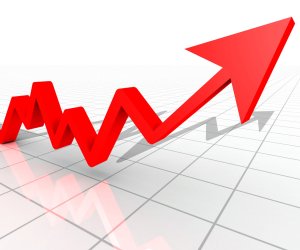


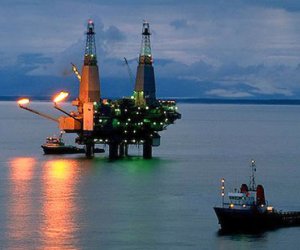
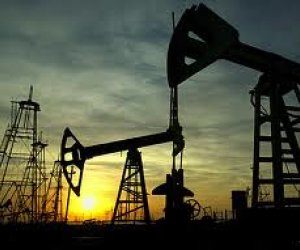
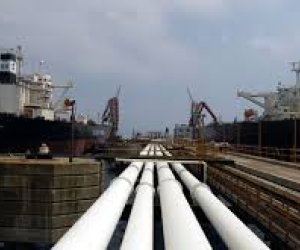






 Photo
Photo 



 Video
Video 

